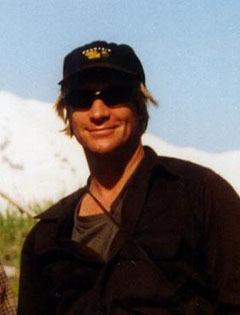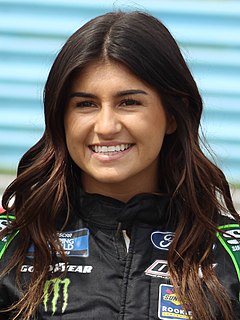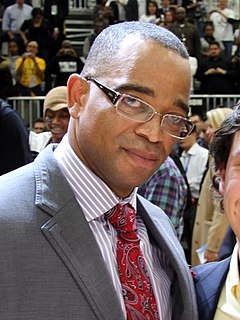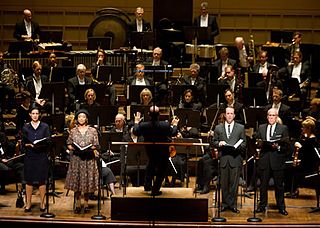A Quote by Ellen Hopkins
I couldn't have known 'Crank' was going to be published, let alone become a big hit. That book was very personal for me: I had to tell the story for myself.
Related Quotes
I always knew from the beginning that this was the only way to write Then We Came To The End - that it had to be in first - person plural if it was going to illustrate how the individual becomes part of the collective. I had no interest in writing the book in a more conventional voice. It goes back to that fascination I had with telling a story in multiple ways. It was the only choice I gave myself, really - I said "This is it, pal. If you can't tell a story this way, you're going to have to abandon the book. Write it this way or give up."
I wrote as a kid, but I never wanted to be a writer particularly. I had been drawing and painting for years and loved that. And I meditate, and one time when I was meditating, I started thinking, "Gee Gail, you love stories -- you read all the time. How come you never tell yourself a story?" While I should have been saying my mantra to myself, I started telling myself a story. It turned out to be an art appreciation book for kids with reproductions of famous artworks and pencil drawings that I did. I tried to get it published and was rejected wholesale.
When I make film music, I'm a filmmaker first and foremost. It's about serving the needs of the film. You're telling a story; in a way, you stop becoming a composer and become a storyteller instead. You tell the story with the most appropriate themes. How you approach these things is a very personal matter, but your goal is to tell the story first.
I was 'alone' amongst the animal kingdom and I required of myself to see what was truly going on inside me so that my own true potential could step forth. Therefore I died so that heaven could show me who I had become, within that showing me to myself as who I am, what I am going to be doing and where all of you fit into the picture.
I remember everyone telling me I had to think positive when I was writing my first book. If I believed I could do it, then I could! If I pictured myself published, then it was going to happen! Which sounded great, except...could I do it? If I didn't think I could, was I doomed to fail? What if I was almost totally sure I would fail? I am here to tell you-what matters is sticking with it.
About a year after (my stories began being published), magazine editor George Scithers, suggested to me that since I was so new at being published, I must be very close to what I had to learn to move from fooling around with writing to actually producing professional stories. There are a lot of aspiring writers out there who would like to know just that. Write that book.SFWW-I is that book. It's the book I was looking for when I first started writing fiction.
Turning 30 was really big for me. I can get really stuck on 'I don't like this or that about myself.' I've found that the only thing that breaks that for me is being able to spend time alone, going to the movies by myself or going to art museums alone. I do that a lot. I've discovered the importance of even 15 or 30 minutes a day where it is just me.
I have always struggled with expressing emotion, I used to think I was a very hard person but music has shown me I'm a big softy! Writing songs to me really is like writing a diary, it's very private and very personal. My most emotional songs have been written alone in a locked room, I'm able to express myself there.
When they told me I had cancer - a very rare form called appendiceal cancer - I was shocked. But I went straight into battle mode. Every morning, I'd wake up and have an internal conversation with cancer. 'All right, dude,' I'd tell it, 'go ahead and hit me. But I'm going to hit you back even harder.'
It's only a story, you say. So it is, and the rest of life with it - creation story, love story, horror, crime, the strange story of you and I. The alphabet of my DNA shapes certain words, but the story is not told. I have to tell it myself. What is it that I have to tell myself again and again? That there is always a new beginning, a different end. I can change the story. I am the story. Begin.
I was first published in the newspaper put out by School of The Art Institute of Chicago, where I was a student. I wince to read that story nowadays, but I published it with an odd photo I'd found in a junk shop, and at least I still like the picture. I had a few things in the school paper, and then I got published in a small literary magazine. I hoped I would one day get published in The New Yorker, but I never allowed myself to actually believe it. Getting published is one of those things that feels just as good as you'd hoped it would.







































